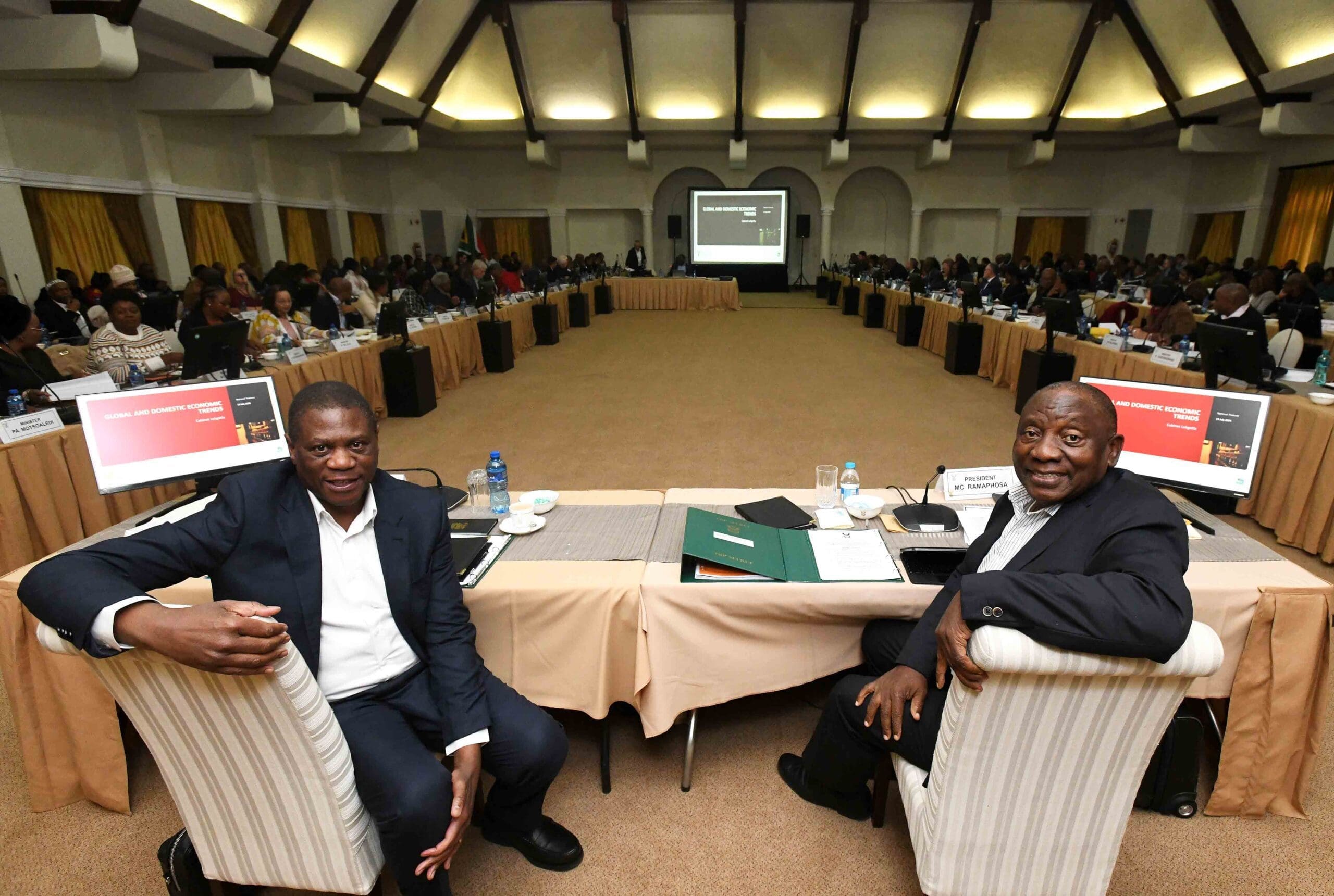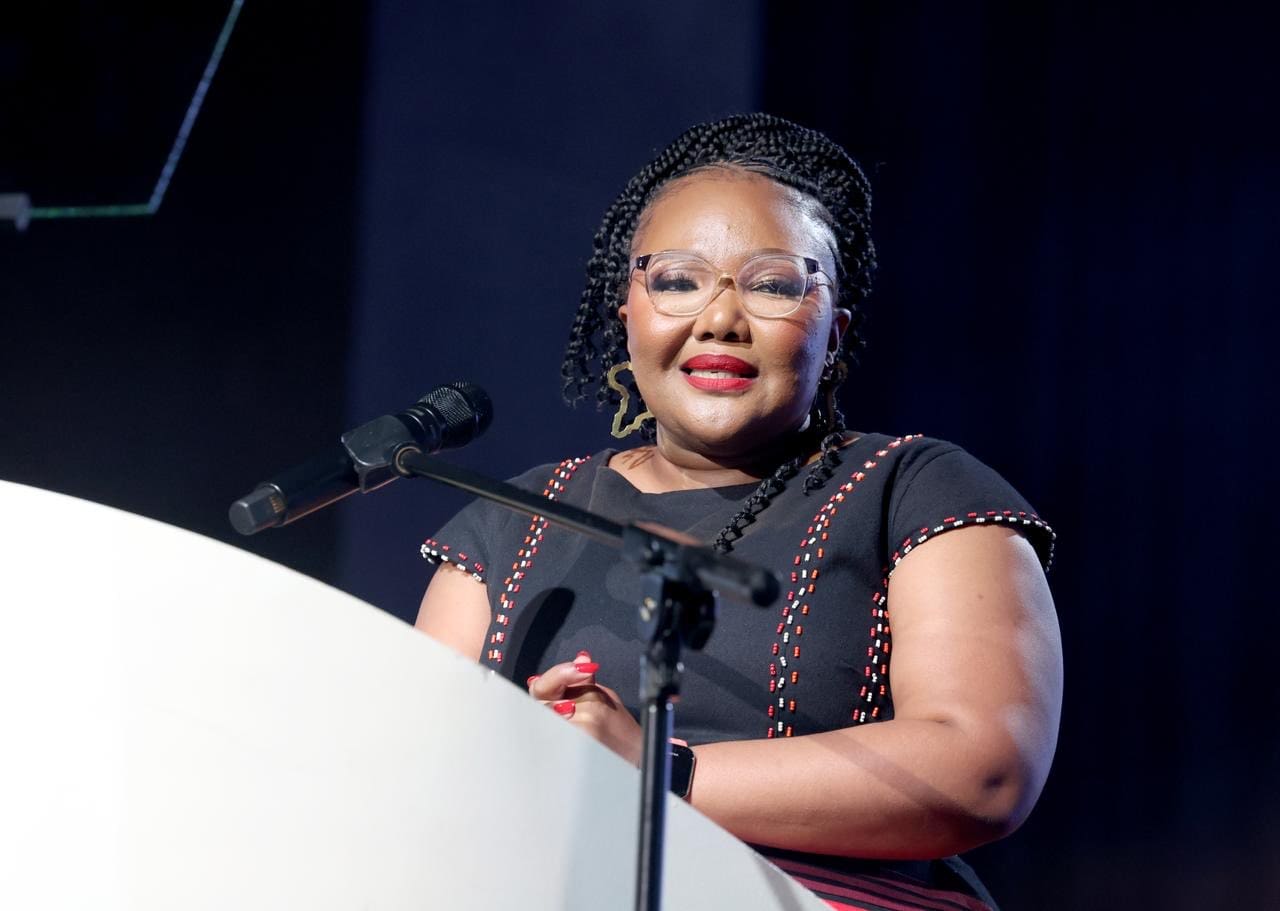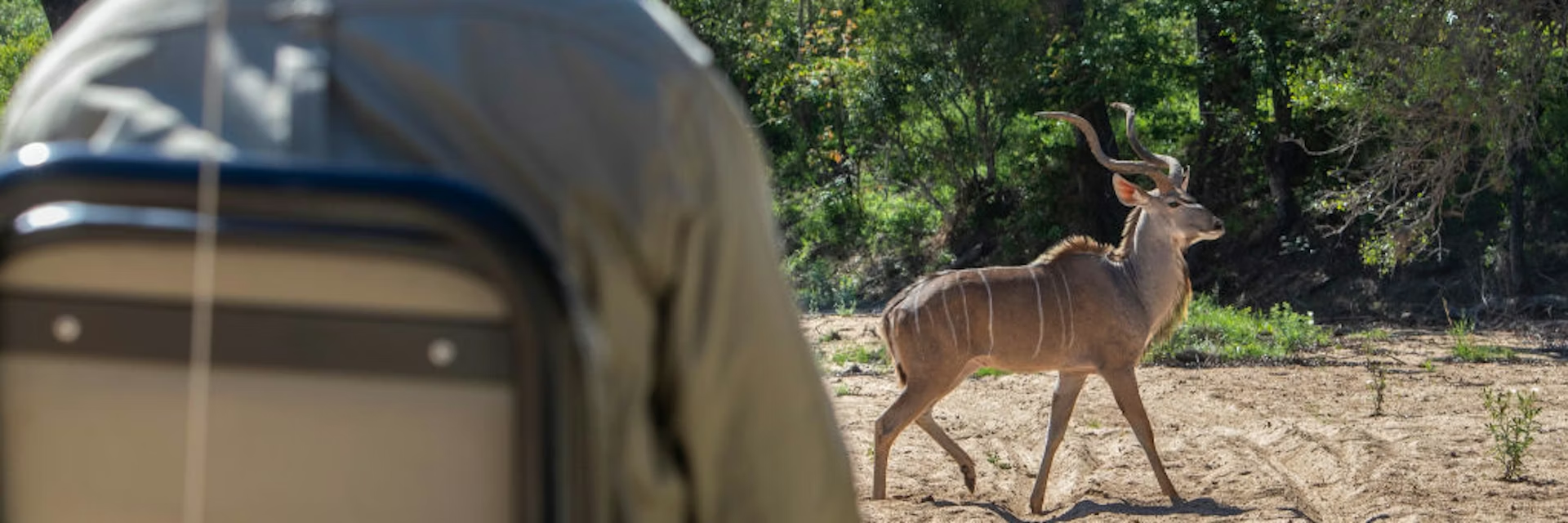President Cyril Ramaphosa took to the podium yesterday in parliament to table the Presidency Budget Vote, setting the stage for the Presidency’s spending in the 2024-2025 financial year. In a speech marked by ambition, optimism, and a dash of repetition, Ramaphosa laid out his vision for South Africa’s future. So, what exactly did he say, and what does it mean for us?
A Five-Year Plan of Inclusive Growth
Ramaphosa emphasised that the Presidency’s main goal is to foster rapid and inclusive economic growth. “Our overriding priority for the next five years is to achieve more rapid and inclusive economic growth, so that we can create jobs, reduce poverty, and build a more just and equal society,” he said. This means more jobs, less poverty, and a fairer society—pretty straightforward, right?
Infrastructure and Investment
Infrastructure development was highlighted as a cornerstone of this administration’s strategy. “We have seen the value of collaboration in pursuing this objective. Through Infrastructure South Africa, we have been able to draw on private sector expertise and skills to improve the preparation, financing, and implementation of infrastructure investment,” he said. Translation: We’re planning on collaborating across the public and private sectors. The hope is that this will pool the country’s resources and expertise while encouraging civic engagement.
Ramaphosa states that through the Infrastructure Fund, infrastructure projects have been boosted using small fiscal allocations to make public infrastructure less risky and attract financing from debt capital markets.
Operation Vulindlela
Ramaphosa also sang praises for Operation Vulindlela, a project designed to stimulate economic growth and tackle poverty, unemployment, and inequality. “The reforms already under way will provide a significant boost to the economy in the medium term,” he said. If all goes well, we might just see our GDP growth hitting 3.5% by 2029, according to the Bureau of Economic Research.
The government will now embark on the second phase of Operation Vulindlela, which will focus on reforming the local government system, harnessing digital public infrastructure, and addressing spatial inequality. “Finally, we will turn the attention of Operation Vulindlela to spatial inequality, which remains a key barrier to economic growth,” said Ramaphosa.
The Load Shedding Saga Continues
On the electricity front, Ramaphosa gave a cautiously optimistic update. While the country has enjoyed close to 120 days without load shedding, he warned of claiming victory too soon. Our electricity system is still vulnerable, and we cannot yet rule out the possibility of further load shedding.” In other words, keep those candles handy.
Deputy Minister of Electricity and Energy Samantha Graham added her own concerns at the tabling of the budget. The “risk of load shedding hangs on a knife’s edge”, and the South African energy system “remains severely constrained”, she said.
The Criticism and the Comebacks
Not everyone was clapping in Parliament. The MK party chief whip, John Hlophe, was quick to question the budget’s transparency. “Mr President, it’s very difficult for us as an opposition to effectively say we go along with the budget [but] no figures have been given at all as to how the budget has been comprised,” said Hlophe.
He also raised concerns about the lack of parliamentary oversight for state-owned enterprises now under the Presidency’s wing. “The president only answers to Parliament during quarterly answer and question sessions, which are often marred by bias and lack of transparency,” he added. It’s clear that not everyone is convinced by Ramaphosa’s plans, with Hlophe questioning how Parliament can approve a budget without any specific allocations.
Looking Ahead
Despite the criticisms, Ramaphosa remains focused on his mission to build a better South Africa. Reflecting on his last five years in office, “we now have a much firmer institutional platform on which to build. We have learned many lessons and have developed new ways of working,” said Ramaphosa.
So, what does this all mean for the average South African? In essence, Ramaphosa’s plan aims to create jobs, reduce poverty, and ensure that no one is left behind. Whether or not he succeeds will depend on the execution of these grand plans.
- Staff Reporter
- Staff Reporter
- Staff Reporter




